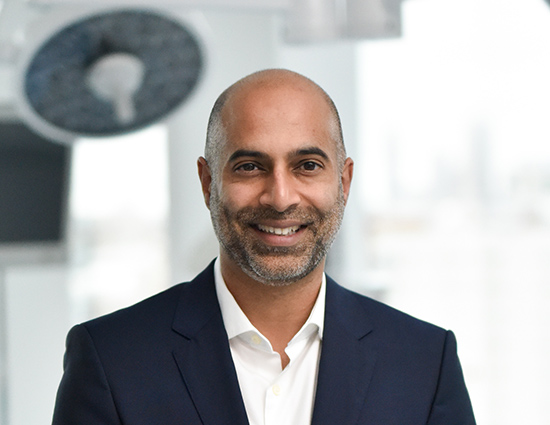Founders of early-stage start-ups are characteristically passionate, driven and optimistic. Understandably so. Very often they are nurturing a breakthrough idea with the capacity to disrupt business and change the world for the better. So, as they embark on the mission to sell their vision, they should accentuate the positive and keep negative thoughts of risk to the back of their mind, right? Wrong.
At CC, we’re great believers in tackling risk identification and mitigation hard and early. Rather than taking the wind out of the sails of the start-up journey, an upfront and consistent approach actually empowers founders to move forward with extra confidence and speed. Their core concept becomes even more robust, and they are liberated to concentrate on the truly differentiating areas of their technology that will be transformative for business, as well as their fortunes.
It’s a philosophy we’ve applied constantly over many years while offering an experienced guiding hand to a broad range of start-ups and investors around the world. The task of converting a creative idea into a flourishing business demands lean, agile, holistic thinking – underpinned by an appreciation and command of risk at every stage. In recent weeks, the CC team in Boston MA has embarked on a series of workshops with portfolio start-ups within The Engine venture ecosystem. The purpose is to help set their risk-related agenda, while supporting some focused technical development work that CC has been able to contribute to.
A spin-out from the MIT (Massachusetts Institute of Technology) The Engine supports ‘Tough Tech’ start-ups with big ideas and huge ambitions to confront crucial societal challenges in climate change, human health and advanced technology systems. The stakes don’t get much higher. As a strategic partner of The Engine, CC has launched a ‘Risky Business’ workshop program to support company founders.
Risk management identification
We’re in the early stages right now – the first session on risk identification and capture has dropped already and we’re soon to go live with a follow up on risk mitigation. With the risk-related workshops forming the bedrock, the program will evolve and expand to cover a broad range of common activities that are pertinent to successful product development.
Without diving too much into the detail of the workshops, it’s well worth making the point that the importance of risk identification is not confined to a few areas only. On the contrary, it’s best to tackle risk-related aspects of project development in the round.
Let’s look at the big picture. You could have a fantastic product with no market. You could have a fantastic product with a market but no regulatory path to that market. Or you could get all those things right only to discover that you can’t make the great product because the components you’ve specified are in short supply – or you’ve designed it for the wrong price point. I could go on, but my point is that there are a whole bunch of things to consider that are not necessarily technical.
Another theme that we tend to return to is that risk management is simple, but not necessarily easy. Much of what we share in the workshops is pretty intuitive… eventually most people with enough time on their hands would come to the conclusions we draw. But that’s the crux. We’ve been there before so we can use our experience and insight to help founders get there faster and more confidently.
More opportunity for start-up success
I’m also quick to make the point that it’s always best to confront and deal with the biggest risks sooner rather than later. Frankly, the early bird will enjoy a much lower cost of change. As investment builds and development costs rise, the premium associated with intervention simply spirals. If you arrive at the worst possible scenario and you want to make significant changes once you’ve entered the market, you’ll be in a very unhappy place indeed.
Always remember too that good risk analysis helps create really effective communication with stakeholders. Founders can speak to investors with confidence – knowing either that the project is in the best place it can be, or that specific areas of risk have been identified and are being addressed. That’s powerful. Such an open and transparent process will drive alignment within the wider team and really help focus minds on the important stuff that needs to get done.
This focus is all-important. It helps start-ups avoid the common trap of wasting precious resources on peripheral matters. Instead, innovation brainpower and investment dollars are used hyper-effectively, zeroed in on the tough things, the new-to-the-world things, the fresh-out-of-the-box things that transform markets and blow the competition away. And one last tip – risk assessment is not a single event. It’s an imperative that founders and company stakeholders should return to throughout the life of a start-up and beyond.
Please do email me if you’d like to discuss any aspect of risk for start-up technology companies – or indeed our workshop format – in more detail. It’ll be great to hear from you.





